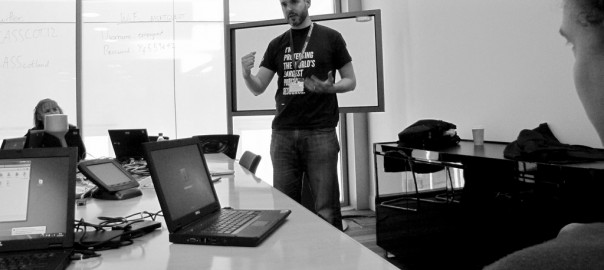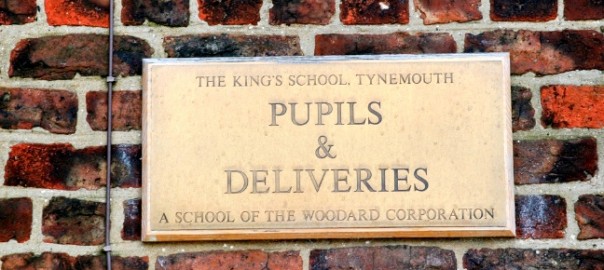Weeknote 36/2020

This week I got into a new rhythm with Thought Shrapnel, restoring it to something approaching its strapline – i.e. a stream of things going in and out of my brain. I’m pleased with the result, although it will evolve and change as I do.
As a result of that focus, I only wrote a couple of posts here, which both happened to be framed as questions: What’s the purpose of Philosophy? and What do we mean by ‘the economy’? They’re part of my ongoing contribution to the #100DaysToOffload challenge, and I’ve been enjoying reading contributions by other writers. There’s an RSS feed if you choose your reading (rather than have it served up algorithmically by social networks) 😉
This week featured a Bank Holiday in the UK, so it was a four-day working week. Team Belshaw spent Monday in Thrunton Woods, which we’ve never been to, despite only being 25 minutes away from where we live. Of course, we decided to do the red walking route, despite the fact that our two children were on their mountain bikes. Cue me and our son having to carry bikes up a very steep section, broken up with tree roots. Still, it was fun, and we went out for lunch afterwards.
Despite the four day working week, I managed to fit in the same number of hours of paid work as usual. I ended up doing four half-day for Outlandish, continuing to help them with productisation and in particular developing what they offer to help teams work more effectively. There’s only a couple of places left on their upcoming Sociocracy 101 workshop.
For my home co-op, We Are Open, I’ve been mainly focusing on business development, submitting three funding bids on Friday. We’ve got some things to work through internally as the co-op expands and grows. That can lead to difficult conversations, some of which we’ve been having this week.
Those connecting with me via video conference in the last few days would have seen something new behind me in my home office: a full-size dgital piano, and a tiny Korg NTS-1 synth. Inspired by Mentat (aka Oliver Quinlan) I decided that it’s been too long since I tried making my own music. 25 years, in fact.
The piano was my parents’ and was at our house while my two children had piano lessons. Given our eldest gave up a few years ago and our youngest decided she no longer wanted to play during lockdown, it’s been sitting in our dining room gathering dust. I noticed it has MIDI ports to the rear, so I’ve hooked it up to the Korg synth and experimenting with the noises I can make. And they are definitely ‘noises’ at the moment…
This weekend, my wonderful wife and I celebrate our 17th wedding anniversary. We’re pretty much middle-aged now, so celebrating it by going for a child-free long walk and having coffee and cake. Our children will be at my parents’. It’s a shame we can’t really go away, but on the plus side the pandemic has meant we’ve explored many more places locally than we have previously!
Talking of children, they were back to school this week, both starting new schools. They seem to be really enjoying it, especially being back among their friends rather than mainly connecting with them via Fortnite.
Next week I’ll be working a couple of days for Outlandish and getting started on a new piece of work for Greenpeace through We Are Open. Other than that, I’m still looking for a bit more work, so hit me up if you see anything Doug-shaped!
Image shows path through trees at Thrunton Woods


